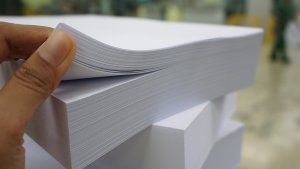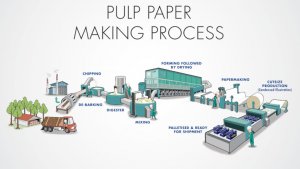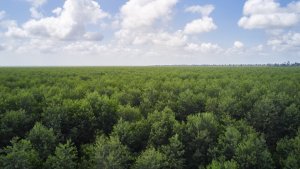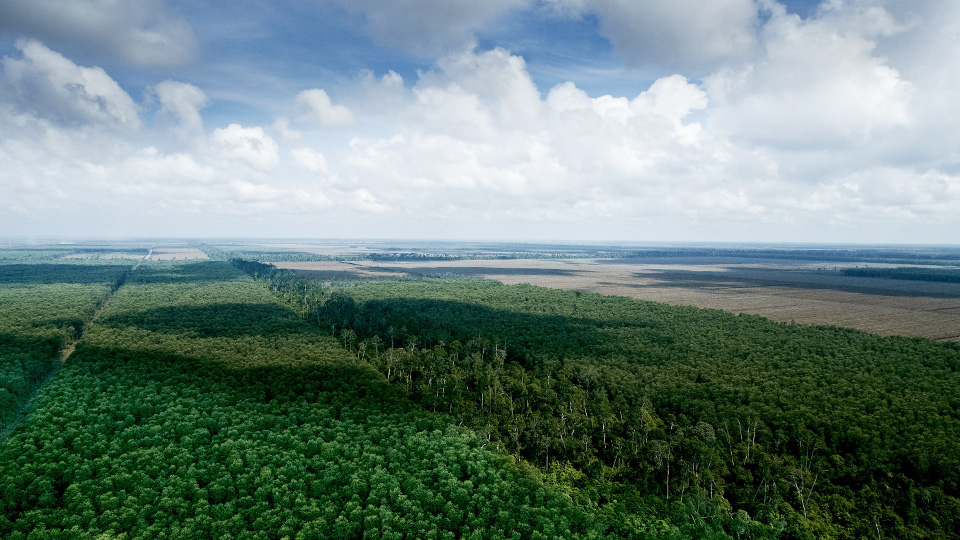RAPP Preserves Rare Sialang Honey
- Details
During this pandemic era, honey has become one of the go-to products for health supplements, thanks to its nutritious ingredients for maintaining endurance and a myriad of other health benefits.
The sweet, thick liquid made by honeybees is rich in vitamin and antioxidants to protect your body from cell damage due to free radicals. No wonders, honey-based treatment is widely applied to treat a number of ailments, such as coughs, digestive problems to heart health.
Being a tropical country, Indonesia has abundance variety of honey like Sialang Honey found in Riau Province, Sumatra.
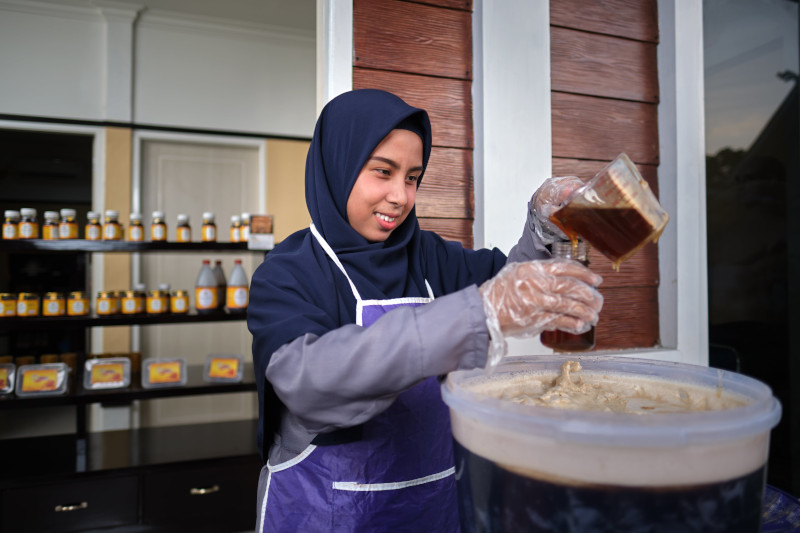
Produced from Apis Dorsata bees, the name Sialang Honey comes from the sialang tree where bees usually make their nests. Sialang itself is the name for a tree that houses beehives with a height up to 60 meters and two meters in diameters.
Local communities regard the Sialang trees as a protected tree species with a long-standing cultural and family tradition that involves significant skill and bravery. Honey collection is a seasonal activity that varies from year-to-year and seen as an ethnic ritual.
Apart from the local wisdom, Sialang Honey has a unique taste - not too sweet with a strong aroma.
The Sialang Honey is relied upon as a source of income for local communities, but the practice of deforestation and continuous and irresponsible harvesting has resulted in the rare existence of the liquid.
Addressing the issue, APRIL is working to assist the honey harvesters and the communities by establishing Rumah Madu Andalan (RMA), located at the RAPP Integrated Business Training and Development Center.
Established in 2000, Rumah Madu Andalan is a place for the Sialang Honey farmers to sell their honey – at lucrative prices.
Gading S, RAPP Coordinator of Community Development, said that Rumah Madu Andalan partners with Sialang honey farmers across five districts: Kuantan Singingi, Pelalawan, Siak and Kampar.
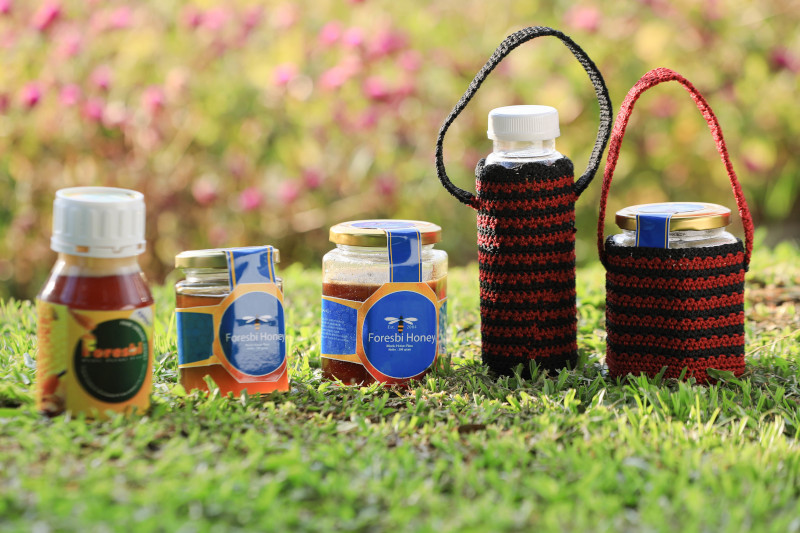
Gading noted that harvesting Sialang Honey is not an easy job. It has to be carried out at night to not to disturb the bees or damage the tree.
“They also need to use smoke to distract the bees and prevent them from communicating and attacking the farmers who are harvesting it,” he explained.
“At Rumah Madu Andalan, the farmers are able to directly sell their harvests to us,” Gading said.
After receiving honey from the farmers, Rumah Madu Andalan treats it by reducing its water content before bottling it under the “Foresbi” product name.
RAPP then responsible for marketing and selling the Foresbi. This honey can be found in shops located at the RAPP Integrated Business Training and Development Center, Unigraha Hotel and RAPP Employee Cooperative.
In addition, RAPP also provides the farmers with education and training on responsible and sustainable honey harvesting practices.
In this way, Rumah Madu Andalan not only contributes to preserving local culture, but also provides information to the Sialang Honey farmers on how to maintain the supply of the honey they produce.
Gading emphasized that Rumah Madu Andalan “directly participates” on every harvest time.
“So we can guarantee that Rumah Madu Andalan’s products are original and authentic,” he said.
Currently, Rumah Madu Andalan is able to process 150 to 200kg of Sialang Honey and collect profit of around IDR 14 million per month.
However, ensuring a regular supply of the Sialang honey remains a main challenge, Gading said.
In a bid to combat the problem, Rumah Madu Andalan schedules a supply of honey from each district.
“For example, if we receive a honey supply from Kampar this month, we will only purchase honey from other districts the following month. This way, the honey nests in the Kampar regency will have time to regenerate,” Gading said.
In the future, Gading hopes that there will be a honey production and processing house that is directly carried out by the honey farmers.
“That way, the farmers will be more independent in producing the Sialang Honey, unlike now where production processes are still rather limited to them,” he said.
More Articles
